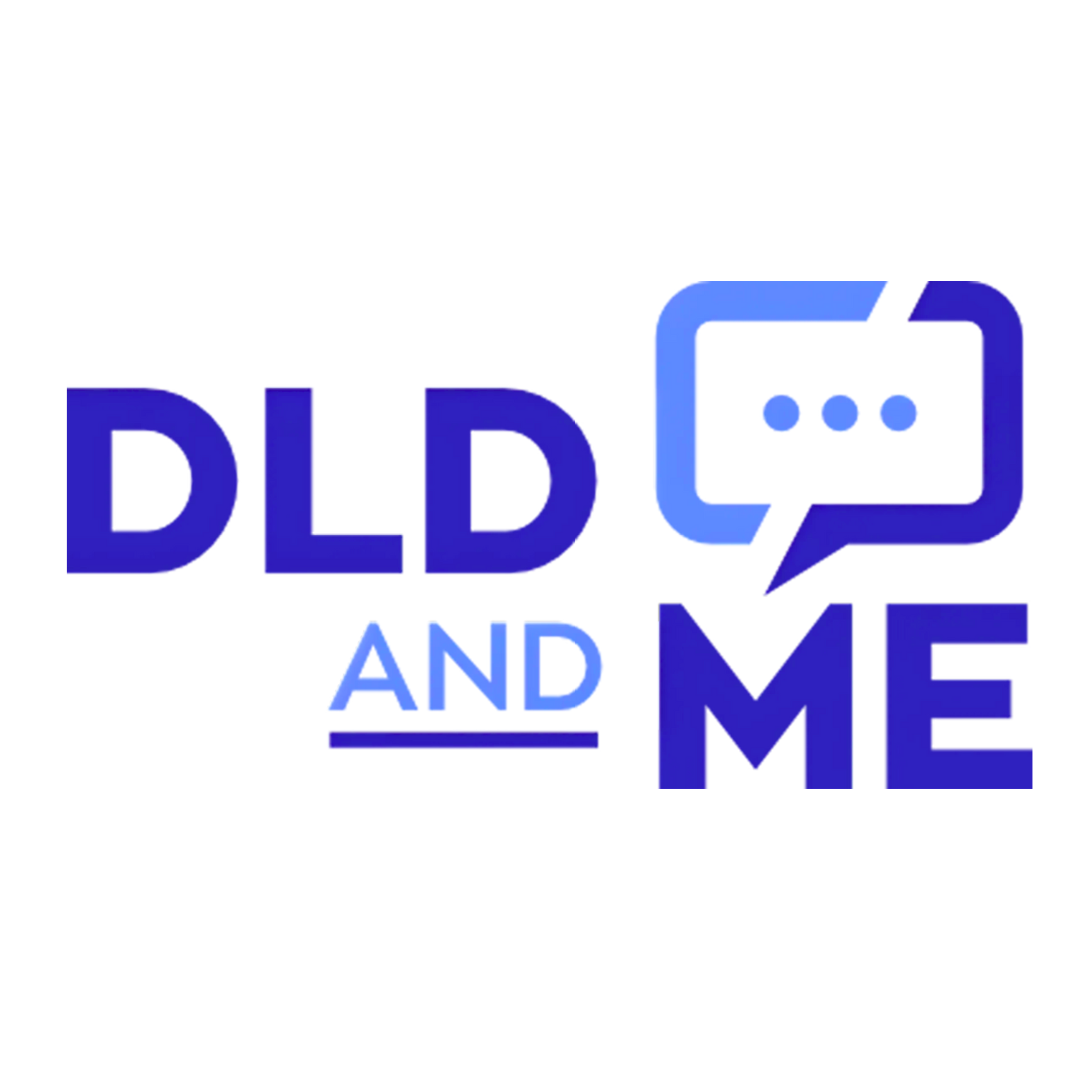Yes, You Can and Should Say, “Developmental Language Disorder” in the School Context!
Schools are language-heavy environments. Children learn by listening to teachers and peers, discussing ideas, asking questions, reading textbooks, and writing papers. It should come as no surprise, then, that the majority of children with Developmental Language Disorder (DLD) do not function at grade level. In 2022, a research team led by Shaun Ziegenfusz conducted a review that spanned 44 studies, 11 countries and 11,745 children. Among students with DLD, they found consistent evidence of low performance in:
Reading
Spelling
Writing
Understanding or telling narratives
Numeracy (yes, even access to math involves lots of listening and talking)
Under U.S. law 34 C.F.R. § 300.8(c)(11) (commonly known as the Individuals with Disabilities Education Act or IDEA), a child is eligible for special education and related services when:
A disability exists.
The disability has an adverse effect on the child’s educational performance or development; and
The child needs special education and related services to address the adverse effect. Unfortunately, too many children with DLD who meet these eligibility criteria go without services at school that could improve their access to education. The reasons for this failure are many, but one is most certainly that DLD is a hidden condition. The child can hold basic conversations even while missing out on more complex classroom talk. They may seem shy or naughty and that behavior masks their problems with language. At the same time, the condition itself is poorly understood by the public—a public that includes pediatricians, teachers, and parents.
We need all hands on deck to solve this problem. One way to begin is to talk about DLD in the school setting. Use the term when talking to parents and to educational professionals. Knowing what to call this collection of difficulties allows people to seek more information and to have conversations about DLD. The U.S. Department of Education certainly allows these conversations. Officials from the Department of Education state that IDEA implementing regulations “extend to other conditions that might fall within other disability terms, including speech or language impairments not specifically listed in 34 C.F.R. § 300.8(c)(11), such as DLD.” In other words, SLPs are not violating IDEA regulations when they introduce families to the DLD term and how it might apply to a child’s difficulties.
If a child qualifies for U.S. special education under categories such as general delay, speech or language impairment, or specific learning disability because of the impact of DLD, then please say so. Conditions such as autism, deafness, or ADHD are typically diagnosed outside of the school setting and parents are aware of their child’s diagnosis. But most children with DLD will be diagnosed by a school SLP, if they are diagnosed at all. If you do not share the diagnosis, who will?
These conversations can be difficult, especially if your district guidelines discourage the use of diagnostic labels. Here are some ways to begin:
Educate yourself about the ways that students with DLD are served in U.S. schools.
Share sources of information about DLD with parents. This guide for families from radld.org is wonderful.
Provide training to school colleagues. Raising Awareness of DLD (RADLD)-USA offers a free video for this purpose.
Share the IDEA Guidance from the September 5, 2023 ASHA WIRE with your special education director.
ReferencesHogan, T.P., Farquharson, K., McGregor, K. (Sept 5, 2023) New IDEA includes developmental language disorder as a qualifying category. Leader Live, American Speech, Language, Hearing Association.
Norbury, C. F., Gooch, D., Wray, C., Baird, G., Charman, T., Simonoff, E., ... & Pickles, A. (2016). The impact of nonverbal ability on prevalence and clinical presentation of language disorder: Evidence from a population study. Journal of child psychology and psychiatry, 57(11), 1247-1257.
Ziegenfusz, S., Paynter, J., Flückiger, B., & Westerveld, M. F. (2022). A systematic review of the academic achievement of primary and secondary school-aged students with developmental language disorder. Autism & Developmental Language Impairments, 7, 23969415221099397.



